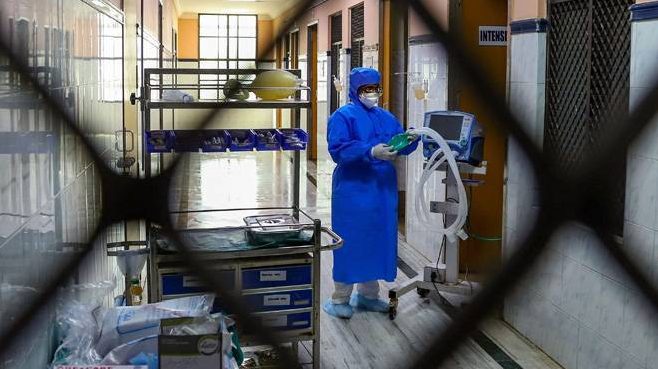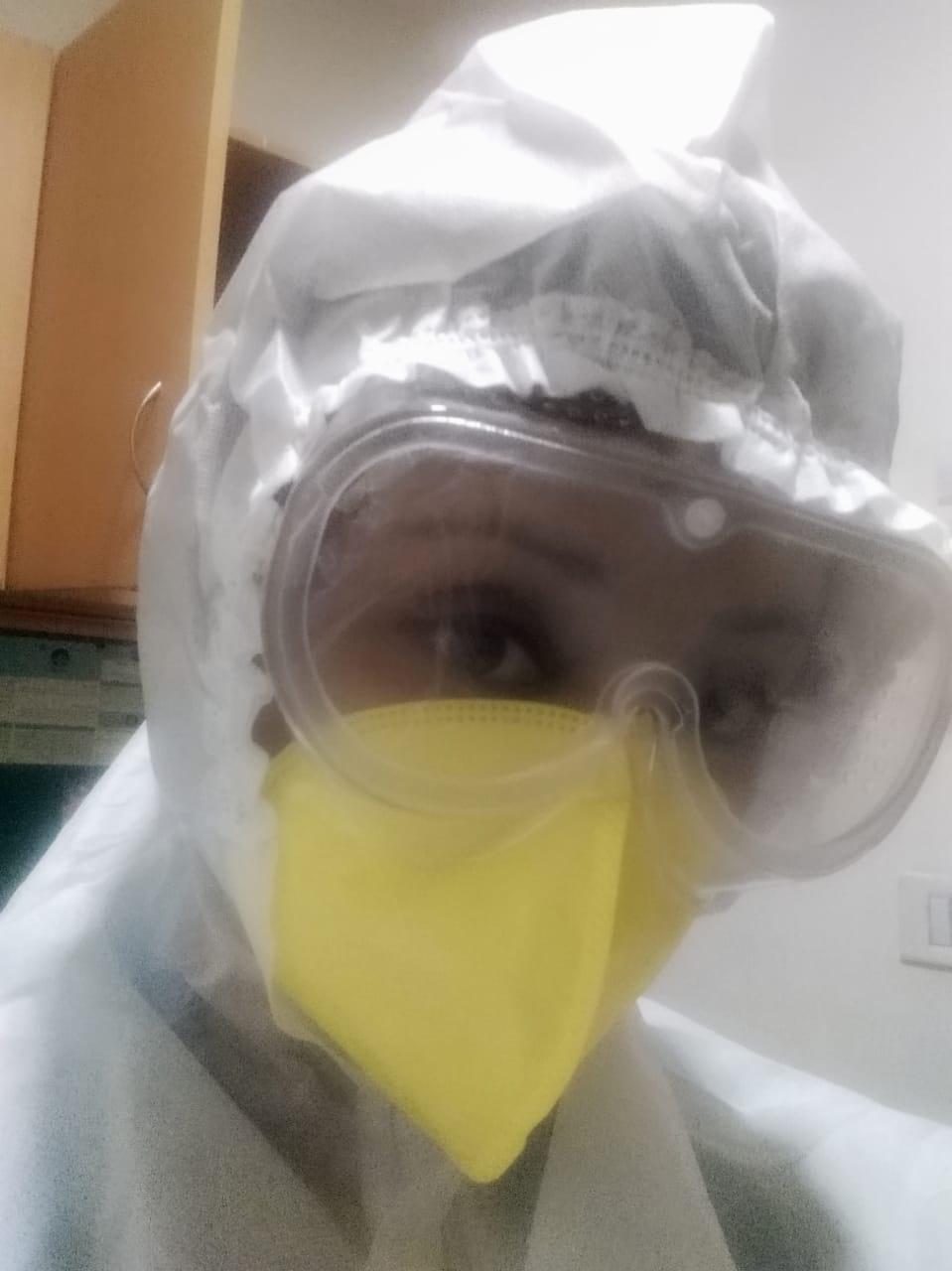COVID-19 had put the nurses on the frontline of the battle against the virus. Now the lockdown, announced on 24 March, has made their battle more treacherous. This has been particularly so for nurses working in private hospitals.
Anto Antony, MP, Lok Sabha, has written to Prime Minister Narendra Modi to expand the government’s insurance programme to include the healthcare workers of private hospitals.
With the news of as many as ten nurses, doctors and health professionals having tested positive for coronavirus there is a lot of fear and panic among the healthcare professionals, of whom a sizable number come from the margins of society. Loans and scholarships are what got them where they are now.
India is on the verge of the third stage of the most serious health crisis in its recent history. With about 1500 confirmed cases of coronavirus infections and 38 deaths reported across India, the ongoing lockdown has been compared to the demonetisation episode of 2016 – a major decision affecting tens of millions with little planning especially for the most vulnerable. The effect of the lockdown on the daily wage workers has been massive and visible while the healthcare workers have been suffering behind the scenes.
Since the beginning of the crisis, the government has sought the help of the private sector. As cases of COVID-19 increase across the country, private hospitals have geared up to treat patients. Many of them have created isolation wards for these patients. Several corporate hospitals across India, particularly in Delhi, have been conducting drills for dealing with COVID-19 patients.
Yet, nearly three weeks after the first coronavirus patient died in Kalburgi, Karnataka, many nurses feel they are not prepared enough to keep themselves safe from this virus. They are not speaking up about the problems they face because they fear losing their jobs.

Problems nurses are currently facing
National Working President of the United Nurses Association (UNA) Rince Joseph has expressed dissatisfaction that the Union Health Ministry is yet to provide the mandatory guidelines for healthcare professionals and supplies needed within the healthcare sector. “Nurses and healthcare professionals are not scared of coronavirus. We could defeat the virus by simply following the instructions provided by Florence Nightingale. But the problem we face is that of the indifference of the private hospital management and slow reaction of the government,” says Joseph.
Work pressure, lack of safety equipment, harassment and psychological trauma – these are some of the problems nurses have had to deal with. “Hospitals and the government aren’t doing enough to limit their exposure [to the virus],” says a senior nurse at a corporate hospital in New Delhi who doesn’t want to be named.

Another nurse, who is in charge of the intensive care unit (ICU) of a corporate hospital in the National Capital Region (NCR) and doesn’t want to be named, says that the personal protective equipment (PPE) that she and her colleagues use are neither sterile nor fresh. Joseph says that in big private hospitals fake (yellow) N-95 masks are provided to nurses.
“The lockdown has broken the supply chain of basic medicines to the hospitals. It has reduced the number of doctors and other medical staff attending to the patients. Further, it prevents many sick people from seeking medical attention too,” said the director of a private hospital on the condition of anonymity.
At the private hospitals, nurses have had to suffer the brunt of the consequences of this shortage of material and personnel. “Junior staff are shouted at and threatened with sacking when they demand PPE. Nurses who work under high-risk conditions and are possibly exposed to the virus have not yet been tested for coronavirus. The supply of N-95 masks, goggles, PPE are not enough,” said Joseph. The lockdown has also affected the diet of the healthcare workers. Regular meals and a nutritious diet is a must to maintain an immunity to the virus.
Outside the hospitals, landlords have begun harassing healthcare workers. The moment the landlords hear about a COVID-19 positive case in your hospital, you are asked to leave, says one of the nurses who suspects one of her patients to be a case of COVID-19. During a lockdown, it becomes almost impossible to find alternate accommodation.
The Washington, DC based Centre for Disease Dynamics, Economics & Policy (CDDEP), Johns Hopkins University and Princeton University have published a report that says a national lockdown in India is “not productive”. The first-hand experiences of these nurses confirm this finding.






